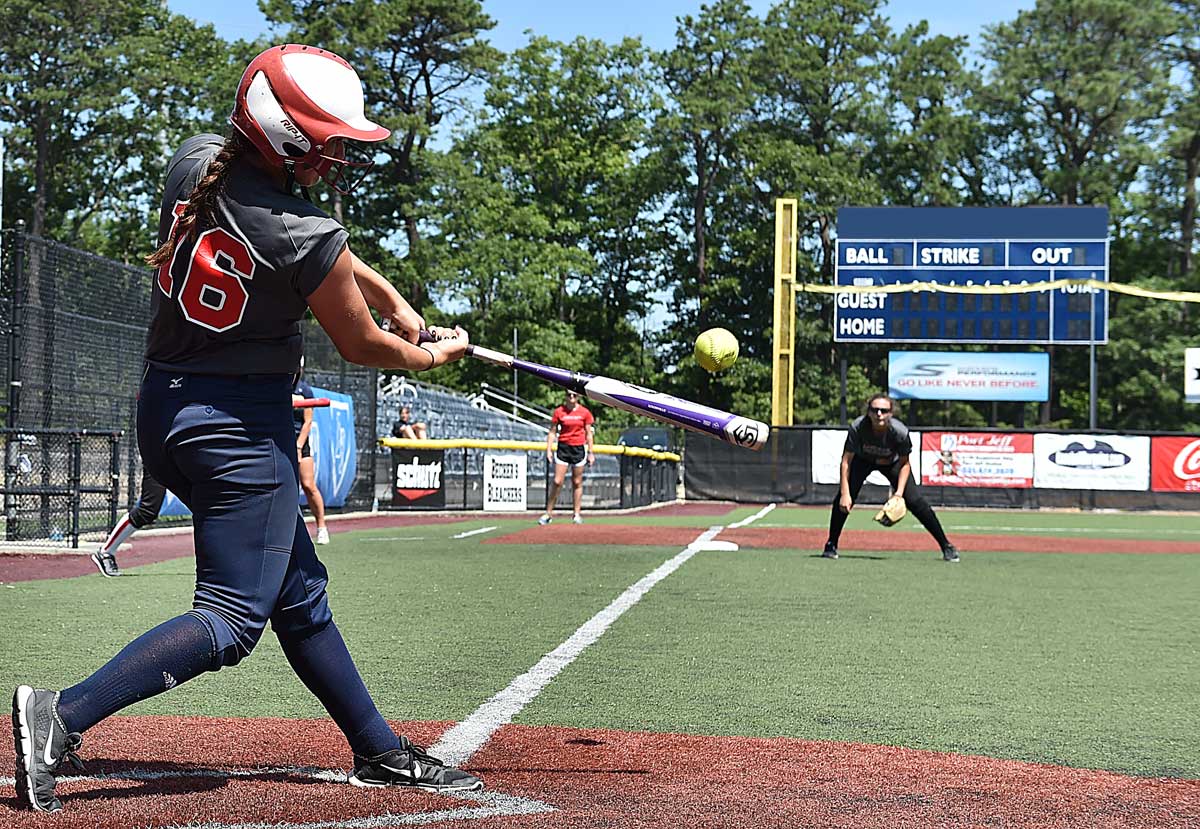



May 4, 2016
Many parents and players who reach out to us with questions about our showcases also have questions about the recruiting process as a whole. To help as many parents and student-athletes as possible, we decided to address the most frequently asked questions.
This is Part II – check out Part I (“What should I be doing to get recruited to play college softball?”) on our blog
Once you’re familiar with the timeline of college recruiting, and with the “what” you should be doing, next is the “how”: how do you engage the recruiting process in a way that catches the attention of college coaches? Working closely with coaches throughout their recruiting cycle for the past 18 years, we’ve had a lot of great conversations about what they’re looking for in the players they recruit.
First, it’s important to recognize that as a student-athlete there are a lot of parts to your college selection process, including both on-field factors (coach and program fit, program and positional considerations, team personality, among others) and off-the-field factors (academics, school setting, school “personality”) – and therefore a lot of different dimensions across which coaches are recruiting. Trying to assess and analyze how to stand out to college coaches in every single piece individually is at the very least exhausting if not impossible – and adds even more stress to an already pressurized process. So let’s simplify.
“So… What do college coaches look for?”
Mindset and approach.
We’ve asked (quite literally) hundreds of coaches, and the patterns in the answers we get are decidedly lopsided. Coaches are looking for players that will impact and represent their program on and off the field – which means girls who play the game the right way and get after it in the classroom.
Coaches know who’s on the field before and after practice, who’s performing in the classroom, and who’s spending the extra time in the gym. When you get to the next level as an athlete, you will see that each player on the team is very talented (and, most likely, many will be have more physical talent than you do) – the student-athlete who works harder and smarter and who has the necessary grit and determination will surpass the player who doesn’t. Cliché, but true: “Hard work beats talent when talent doesn’t work hard.”
Yes, on the field coaches value and assess the skills and toolkit of the players they recruit. And off the field, it’s important to have a transcript that reflects academic engagement and success. What you’re ultimately responsible for, however, is what you can control: your approach, effort and input. The hard work that you put in does pay off in results in the classroom and on the field, but more than that, it shows and builds character and dedication – the foundation from which great players, teammates and programs are built.
For this “total package” of work ethic and integrity to stand out and translate, it has to be reflected in everything you do, from softball practice to math class. This means being the first to the field to get a few extra ground balls, staying late on the weekends for a few more hacks off the tee, and forgoing a free period to instead meet with your history teacher about those paper revisions. All these behaviors point to deeper qualities – putting team first, resilience, grit and work ethic – that speak volumes to college coaches as they interact with and recruit softball players.
By demonstrating these intangible qualities, you’ll be able to give coaches insight beyond how you perform between the lines, and into how you are as a teammate, as a student and as a person. Coaches have told us that they can easily work on a girl’s swing, throwing mechanics, or running form – it’s much more difficult to adjust a student-athlete’s competitive spirit, integrity, or work ethic once she arrives on campus.
For now, forget about stats, fastball velocity and home to first times. During this process, challenge yourself to be the hardest working and most coachable athlete you can be, and the results will follow.
Follow along for Part 3, about how these practices translate to a showcase environment, and how to set yourself up for success at an event.